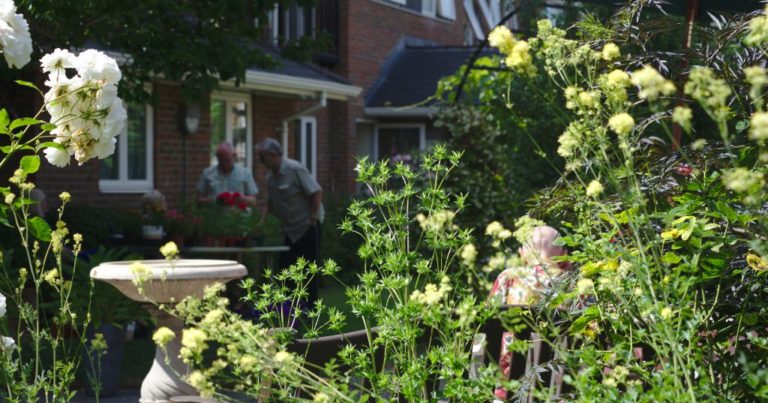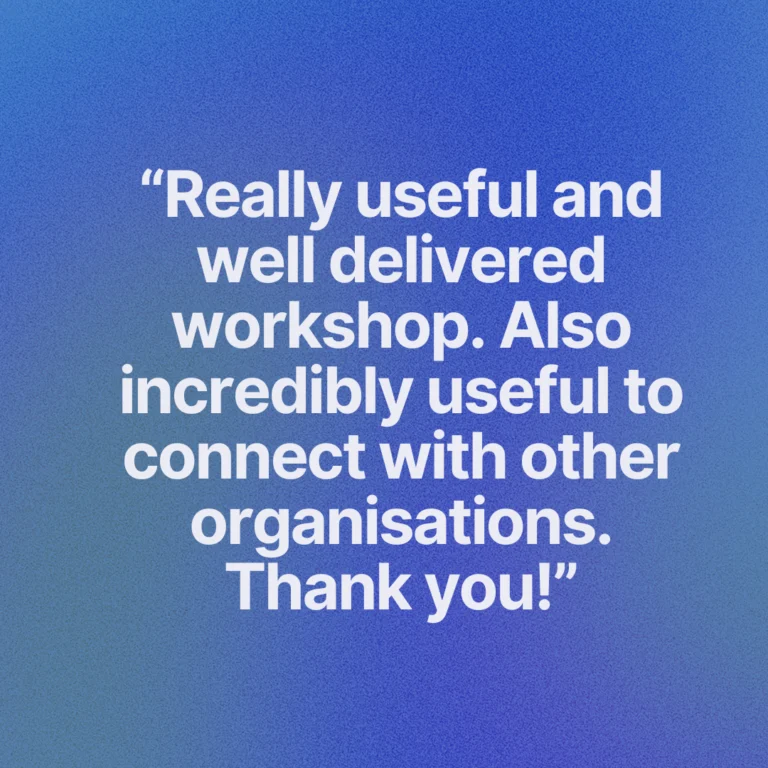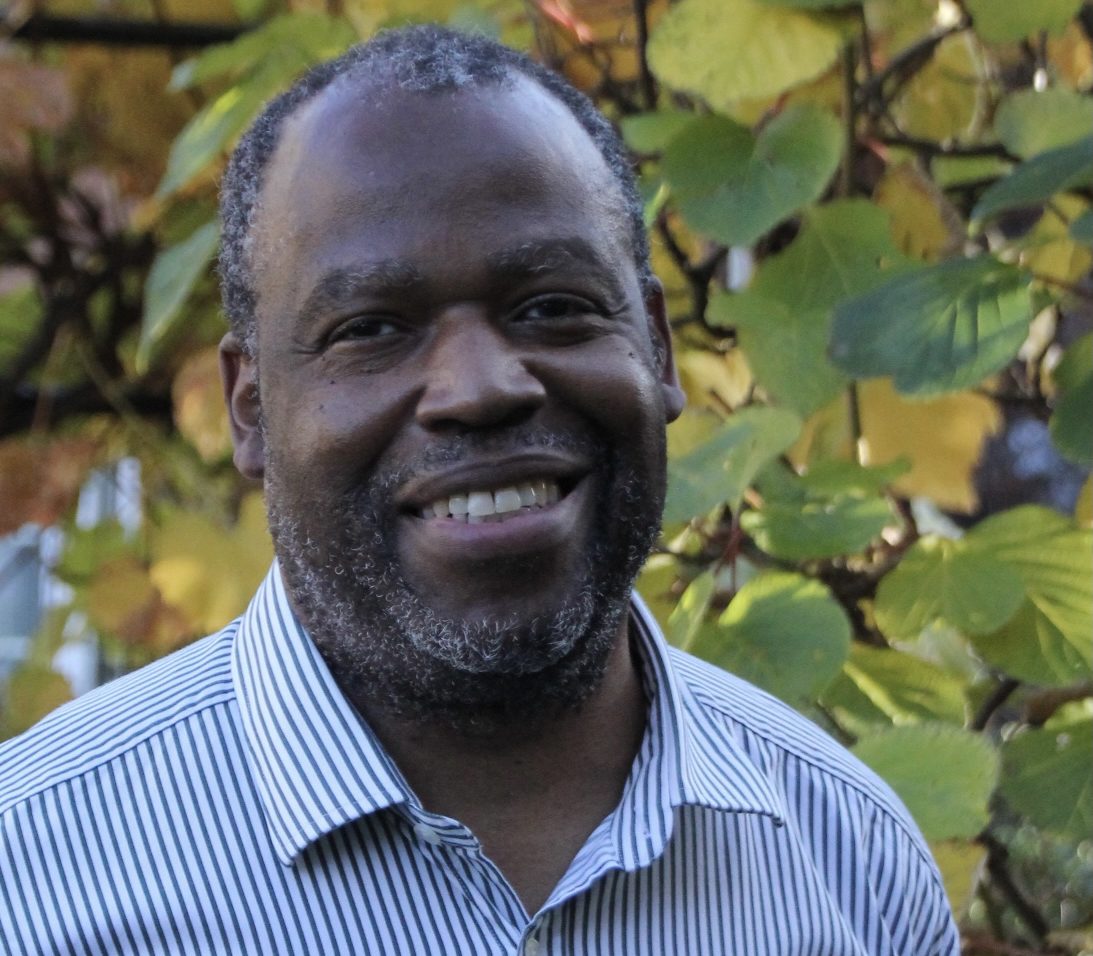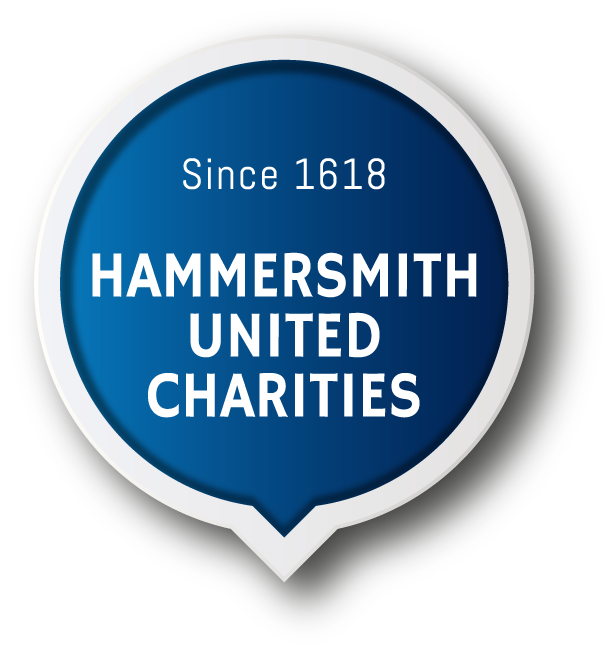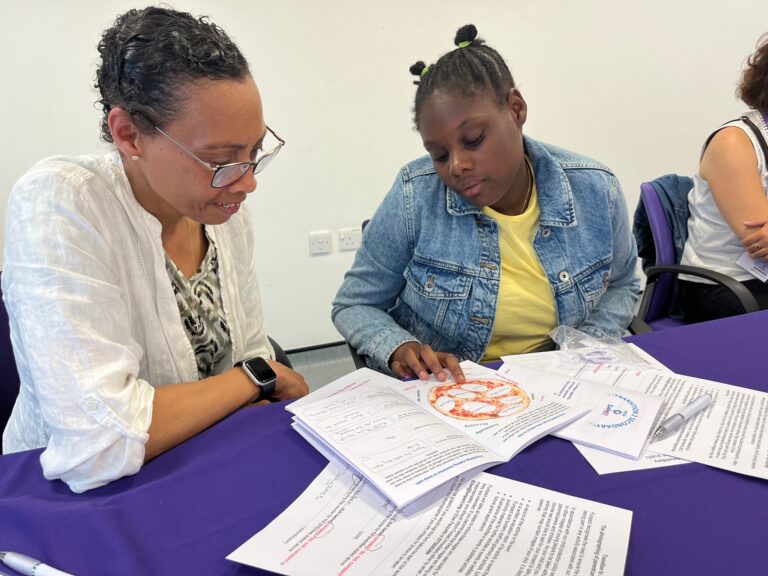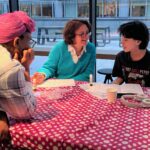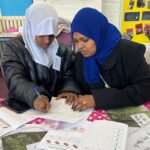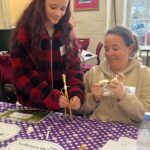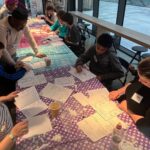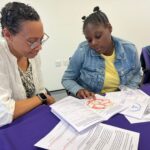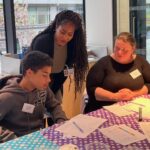Hammersmith United Charities was founded to serve the poor of Hammersmith, inherent in this is a responsibility to promote equality and fair treatment for all.
HUC and Slavery
Like many of the older civic institutions in Hammersmith and Fulham, Hammersmith United Charities benefited from a donation from Sir Nicholas Crispe, a wealthy local merchant whose family money came from the brick making trade. Residents of Hammersmith and Fulham may also be familiar with St Pauls Church, which was built with bricks and sand donated by Sir Nicholas, or Crisp road which was named after him. Sir Nicholas pioneered West African trade in the early 17th century, this included trading slaves from Guinea to the West Indies.
Our records show that on his death in 1666 Sir Nicholas left £100 for the poor of Hammersmith. Two cottages and half an acre of copyhold land at Shortlands were purchased. In December 1904 Crispe’s Charity was transferred to Dr Edwards and Bishop King’s Charity which became Hammersmith United Charities in 1923. Through the centuries the original property appears to have been exchanged or sold and is no longer owned by Hammersmith United Charities.
Hammersmith United Charities was founded to serve the poor of Hammersmith, inherent in this is a responsibility to promote equality and fair treatment for all. In 2021 we launched Lets Talk About Race, a series of conversations with our community to gather their views on how the Charity can best address racism and promote racial equality. We aim to do all in our power to combat racism and to ensure that our activities, structures and processes support diversity and inclusion. We will continue to share updates from this work and the actions we take as a result through our news page.

